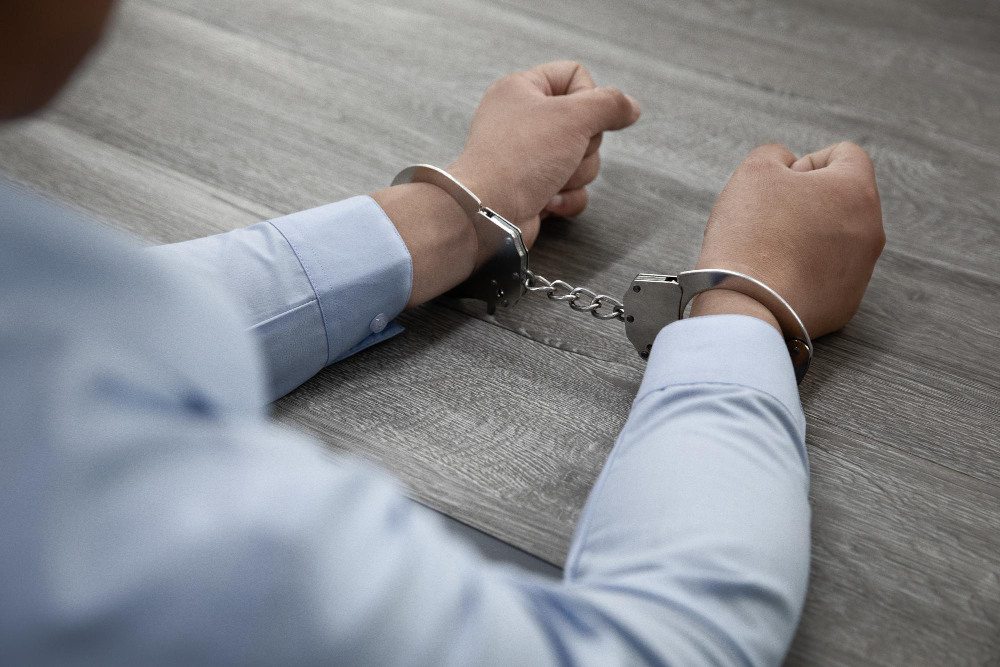
The criminal justice system is built on a balance of forces: those who seek to prove guilt and those who fight to protect the rights of the accused. Two central figures in this system are the prosecutor and the defense attorney. Though they often appear to be adversaries in the courtroom, both play vital, distinct roles in ensuring justice is served. For anyone facing legal challenges or curious about the process, understanding the difference between these roles is essential.
If you’re in the Seattle area and in need of dedicated legal support, an experienced criminal defense attorney Seattle from MacDonald Hoague & Bayless can guide you every step of the way.
The Role of a Prosecutor
A prosecutor is a lawyer who appears for the government, whether state or federal, in criminal cases. Their primary responsibility is to prosecute individuals or entities accused of breaking the law. That means the prosecutor must prove the accused committed the crime beyond a reasonable doubt.
Key duties of a prosecutor include:
- Reviewing Evidence: Prosecutors assess whether there is sufficient evidence to file charges and pursue prosecution.
- Filing Charges: They officially bring criminal charges against individuals when justified.
- Preparing the Case: Prosecutors gather witnesses, build legal arguments, and prepare evidence for trial.
- Presenting in Court: They present the government’s case to judges and juries, aiming to establish guilt.
- Negotiating Plea Deals: Prosecutors often negotiate agreements where defendants plead guilty in exchange for reduced sentences, saving court resources and providing resolution.
- Recommending Sentencing: After conviction, prosecutors may suggest sentence ranges based on the crime’s severity.
Prosecutors have a double duty: to seek justice and fair convictions and must also ensure fair trials, abiding by ethical obligations. They are public servants working on behalf of society’s interest in upholding the law.
The Role of a Defense Attorney
On the other side, a defense attorney advocates for individuals who are accused of crimes. Their main duty is to defend the rights of the crime accused, ensuring they are treated fairly throughout the legal process, and to challenge the prosecution’s case.
Key duties of a defense attorney include:
- Protecting Rights: Defense lawyers safeguard constitutional rights, ensuring the accused is not subject to unlawful search, seizure, or coerced confession.
- Case Investigation: They review evidence, interview witnesses, and investigate facts to build an effective defence strategy.
- Legal Advice: Defense attorneys explain charges, possible outcomes, and advise clients on plea bargains, trials, or other legal options.
- Representation: They represent clients in all court proceedings, presenting arguments, cross-examining prosecution witnesses, and delivering opening and closing statements.
- Negotiations: Like prosecutors, defense attorneys may negotiate plea agreements to reduce sentences or charges, when in the client’s best interest.
- Appeals: If convicted, defense lawyers may pursue appellate court review to challenge legal errors or seek sentence reductions.
Defense attorneys may be privately retained or appointed by courts as public defenders for those unable to afford legal counsel. Their mission is to provide vigorous, ethical defence regardless of guilt or innocence.
Education and Qualifications
Both prosecutors and defense attorneys undergo similar education and licensing pathways. They typically:
- Earn a Bachelor’s degree
- Complete a Juris Doctor (JD) law program
- Pass the state bar exam
- Gain practical experience through internships or clerkships
While they share foundational legal training, career choices lead lawyers to focus on prosecution or defence, each cultivating specialised skills suited to their roles.
Differences in Perspective and Approach
The prosecutor and defense attorney approach the same case from opposing perspectives:
- Burden of Proof: Prosecutors carry the burden to prove guilt “beyond a reasonable doubt,” a high legal standard. Defendants are presumed innocent until proven otherwise.
- Goal: Prosecutors aim to enforce laws and protect public safety by convicting offenders. Defense attorneys focus on protecting individual rights and achieving the best possible outcome for their clients.
- Client Relationship: Prosecutors represent the public interest, while defense attorneys serve the individual and personal interests of the accused.
- Workload: Prosecutors often manage heavy caseloads, with some discretion on which cases to pursue. Defense attorneys may handle fewer cases but spend intense focus advocating for each client.
Collaborative and Adversarial Roles
Despite their adversarial courtroom roles, prosecutors and defense attorneys uphold complementary functions vital to justice:
- Ensuring Fair Trials: Checks and balances prevent government overreach and protect defendants against wrongful conviction.
- Legal Negotiations: Plea bargains require cooperation and negotiation skills from both sides.
- Upholding Ethical Standards: Both must adhere to legal ethics, with prosecutors bound to disclose exonerating evidence and defense attorneys bound to confidentiality.
The dynamic ensures that criminal justice respects both law enforcement interests and individual rights.
Why Choose MacDonald Hoague & Bayless as Your Criminal Defense Team?
If you or any loved one faces criminal charges in Seattle, the stakes are high. Navigating the legal system with a steadfast and knowledgeable criminal defense attorney Seattle from MacDonald Hoague & Bayless can significantly impact outcomes.
With decades of combined experience defending clients at trial and appeal, and a deep commitment to civil rights, MacDonald Hoague & Bayless presents a formidable defence. Their empathetic approach, vigorous advocacy, and thorough understanding of Washington’s legal landscape provide invaluable support in challenging times.
Conclusion
While prosecutors and defense attorneys operate on opposite sides of the courtroom, both are essential to the functioning of a fair and balanced criminal justice system. Prosecutors seek to uphold law and order, while defense attorneys defend the rights and liberties of individuals.
Understanding these differences clarifies what to expect and ensures informed decisions when facing legal challenges. For those in Seattle needing expert defence, MacDonald Hoague & Bayless offers trusted, experienced legal services committed to justice and client care.
